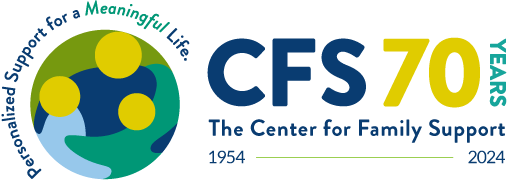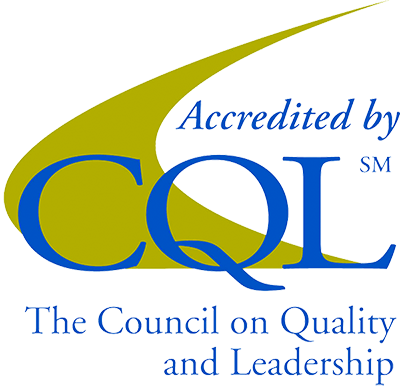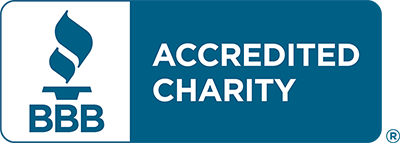
When adults have an intellectual disability, their loved ones often search for someone to help with daily care. Loved ones may prefer to keep intellectually disabled adults at home, so they can be surrounded by family, or seek to provide them with enough assistance that they can live independently.
Benefits of Home Care
Families choose to keep an adult child at home rather than moving them to an assisted living or adult care facility because it offers their child the following benefits:
- Many nursing home facilities focus on providing end of life care. People with disabilities have different needs. Home care allows them to remain in a positive environment full of energy and life.
- In assisted living facilities, caregivers work with a number of patients at a time. Facilities often have a high turnover, so your child may have to frequently adjust to new faces. Home care allows you to provide your child with one worker who gets to know them and provides personalized assistance.
- Hiring a caregiver may cost less than full-time care.
Interviewing Caregivers
Choosing a caregiver is a process. Before you start searching for candidates, create a list of the tasks involved in helping your loved one and the character qualities you require in a caregiver. Develop interview questions based around those tasks and character traits.
Screen candidates by reviewing their previous experience. Once you have narrowed your list, conduct in-person interviews in your home if possible.
Ask open-ended questions about how the potential caregiver would respond to situations they will face when providing your loved one with care. Prompt them to share situations in the past where they have provided assistance in similar situations. Look for someone who can communicate clearly and stay relaxed even when faced with unexpected questions.
Talk about emergency procedures, medical or adaptive equipment or any special symptoms associated with your loved one’s disability. Your potential caregiver should be able to repeat instructions back to you.
Include your loved one in the interview process. You should see positive interactions and a developing rapport.
Before hiring a candidate, be sure to check references and conduct a background check. Previous employers can give you a better picture of what you can expect as time goes by.
Interview Checklist
During your interview, look for the following:
- A friendly, mature demeanor
- A candidate who is healthy and seems capable of completing any necessary physical tasks
- The ability to communicate clearly and comfortably with your loved one
- Someone who seems teachable and willing to follow instructions
- A respectful attitude toward your family and people with disabilities
- No history of abuse or neglect
- Reasonable expectations about what your loved one is able to do for him- or herself
- The ability to talk freely about their responsibilities and ask questions when they need clarification
- A valid driver’s license if he or she will provide your loved one with transportation
Discuss with the caregiver what rules you have in your home and what values are important to your family so the relationship they develop with your loved one is one of respect and understanding.








